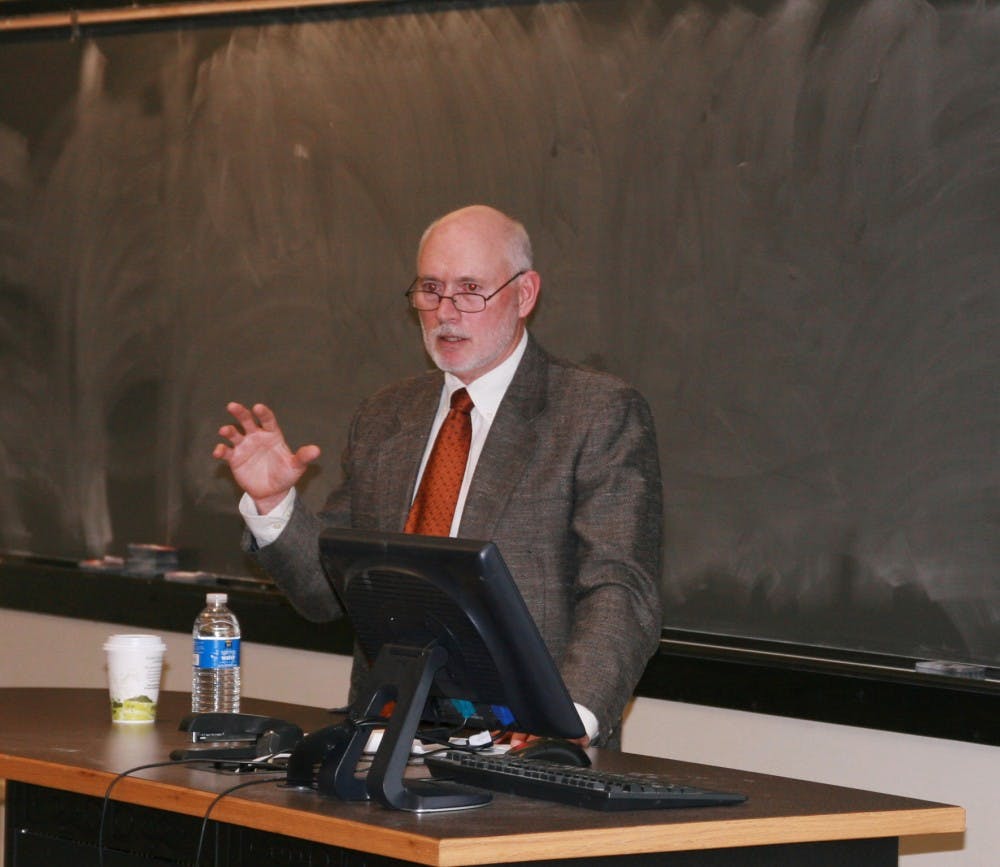“This conflation of threats really got us in trouble,” Hull said.
But he said 9/11 was really a culmination of growing anti-American sentiment.
After several attacks as far back as 1992 — including the deadly 1998 bombing of the U.S. embassy in Nairobi, Kenya — al-Qaida used a safe house in Yemen to pass messages and logistics for the 9/11 attacks, Hull said.
“The image you get is of an organization that is getting more and more potent,” he said.
In the wake of those attacks, counter-terrorism jumped to the top of the agenda, and U.S. officials identified a “vicious circle” in Yemen that was serving as a safe haven, Hull said.
History professor Wayne Lee said the talk provided students with a keener understanding of diplomatic work.
“It’s an opportunity for students to hear from somebody who is highly placed in the government about how we have tried to handle the problem of international terrorism,” he said.
Senior Jordan Dix said he felt it was good to see how homeland security is important to not only the U.S., but to the entire world.
“It helps to actually see how the whole terrorist network is set up,” he said.
Hull said U.S. troops went into Yemen after 9/11 to train Yemeni forces to combat al-Qaida and improve its infrastructure, although he said oil and gas resources were still frequently targeted by the group.
Hull said he believes the current administration has correctly identified Yemen as the critical front in the war against al-Qaida.
In a threat assessment taken last week, the director of the U.S. National Counterterrorism Center said al-Qaida in the Arabian Peninsula poses the most significant risk to the U.S.
To get the day's news and headlines in your inbox each morning, sign up for our email newsletters.
“They are going to have to pursue this strategy that links development to security,” Hull said.
Hull has written a book about the situation in Yemen, titled “High-Value Target: Countering Al Qaeda in Yemen,” due to be released in April.
Contact the University Editor at university@dailytarheel.com.



